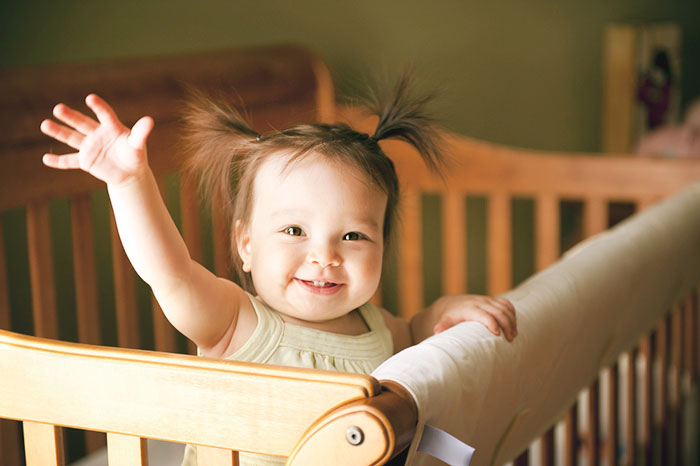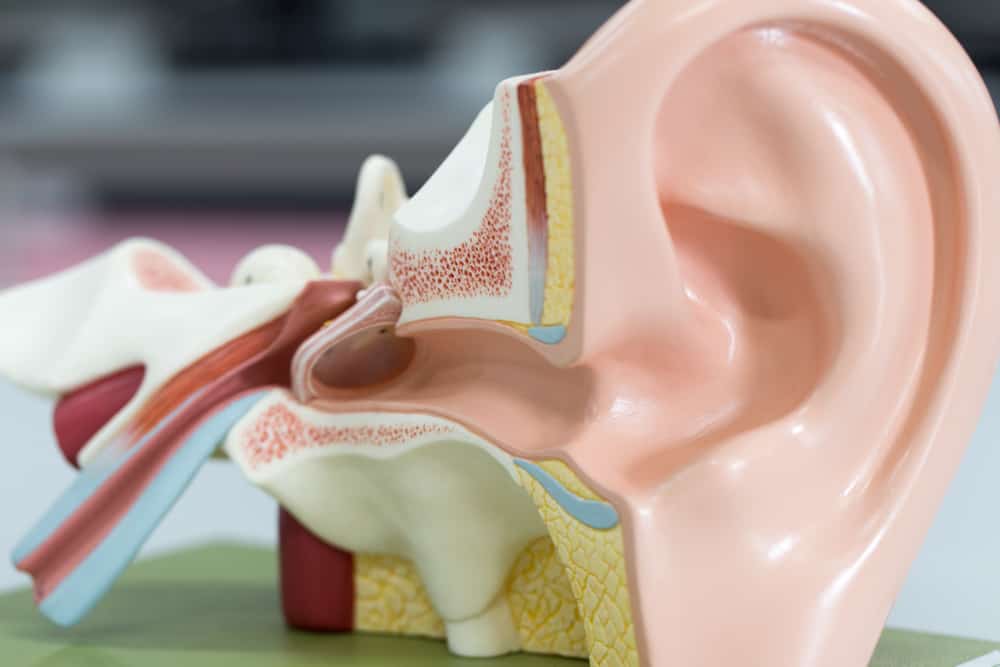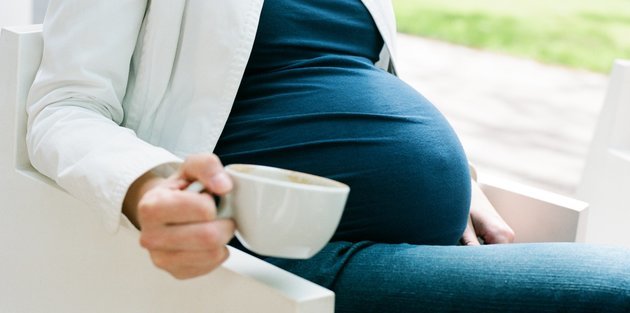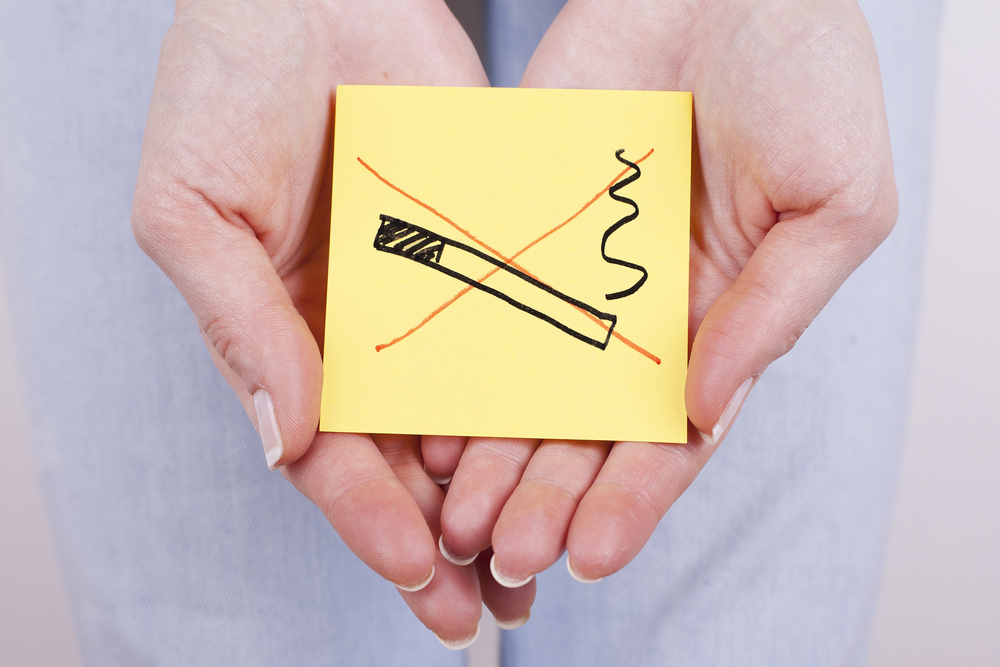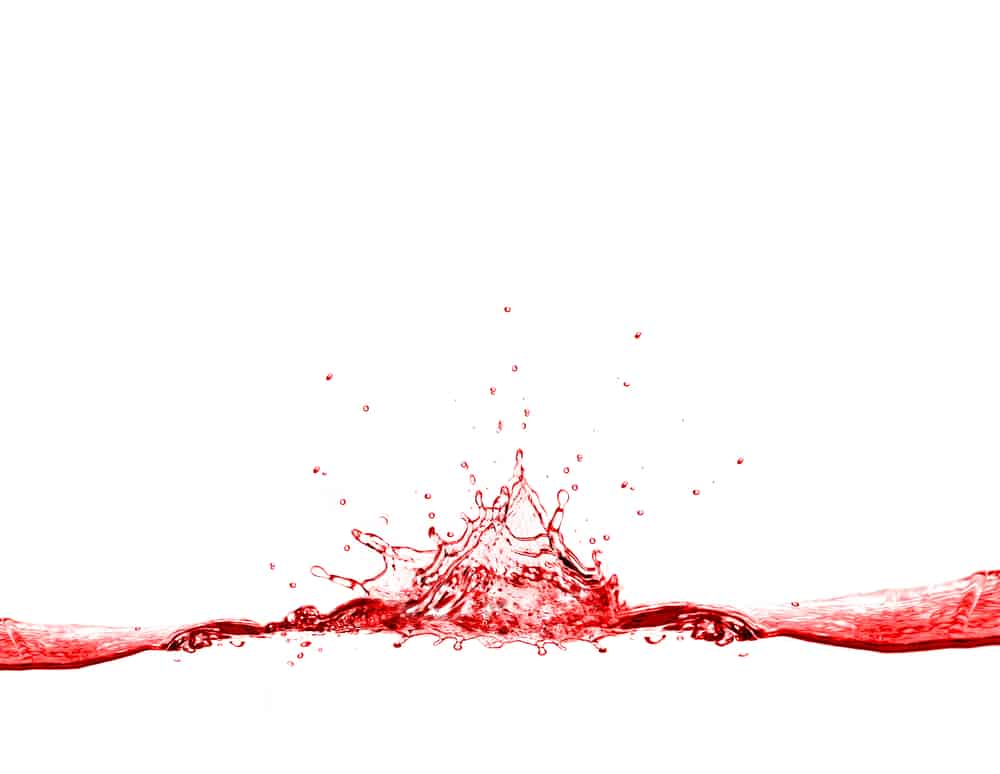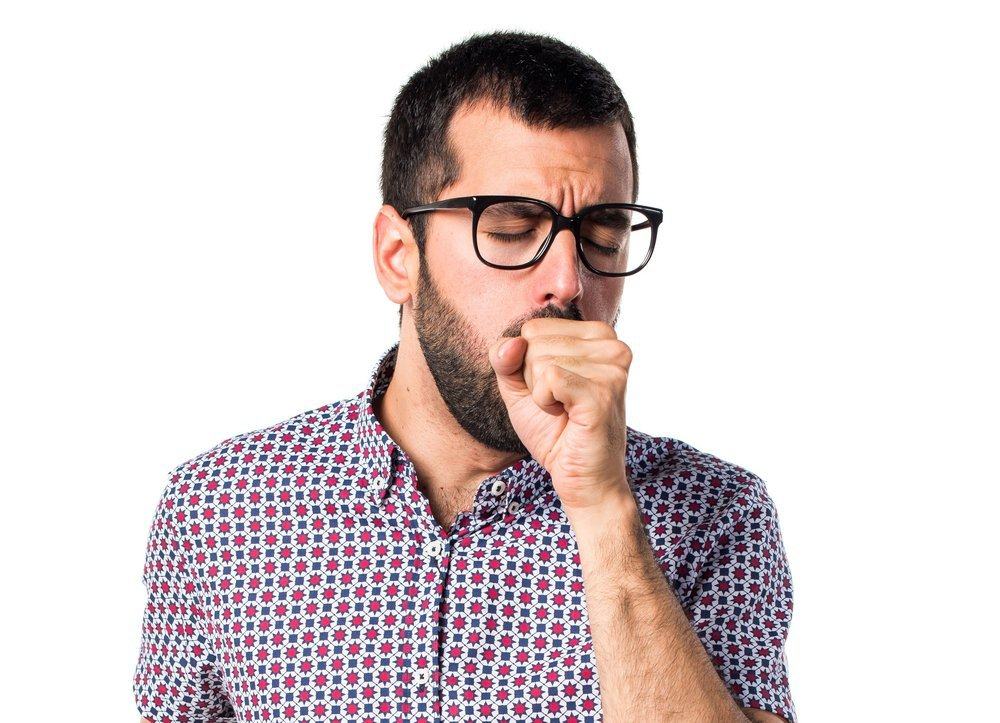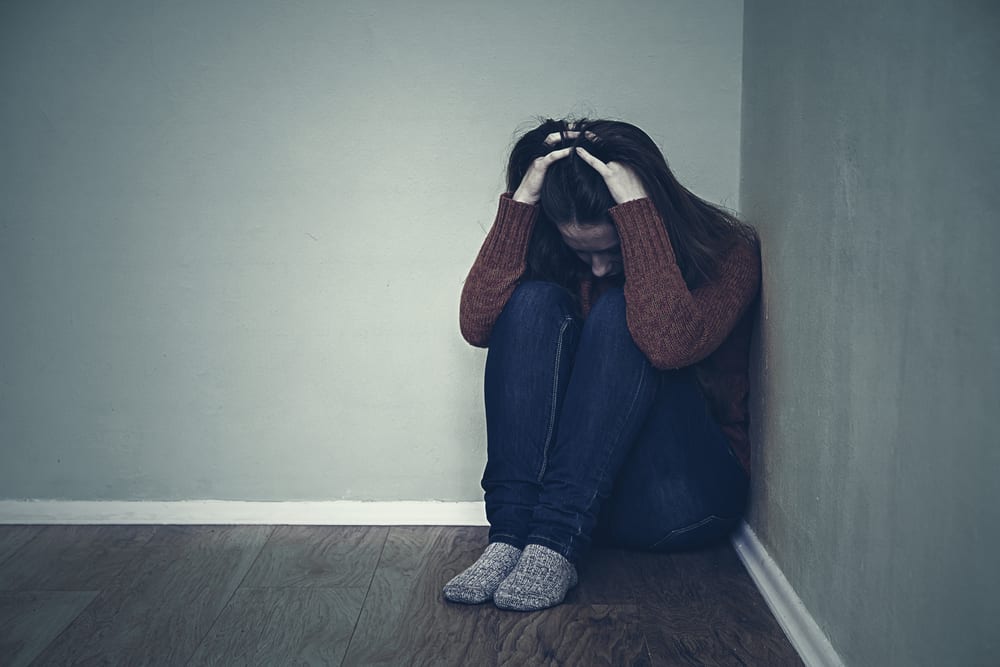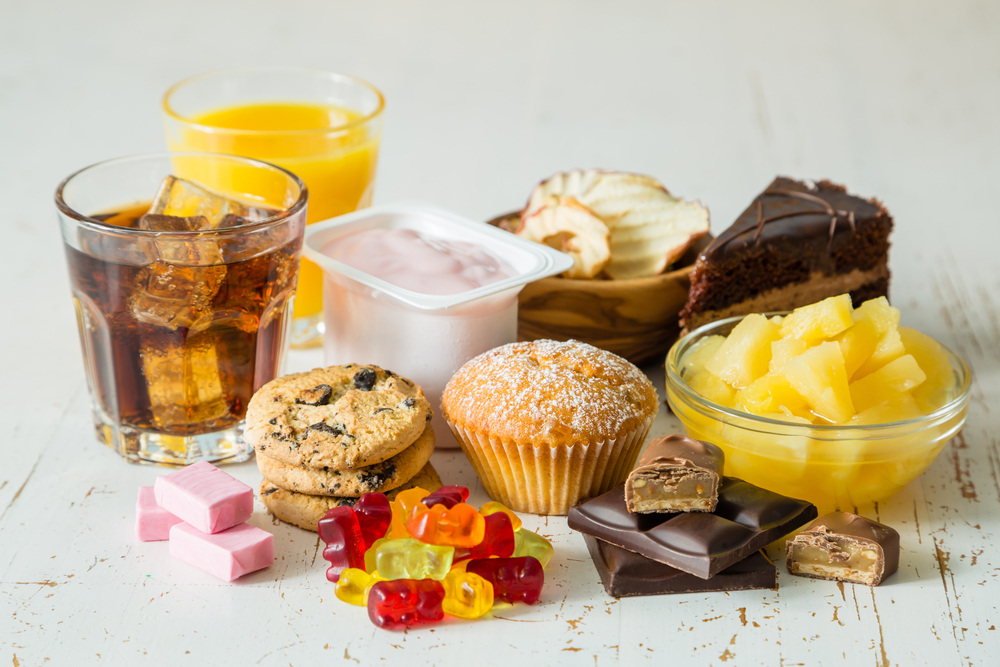Contents:
- Medical Video: 32 Weeks Pregnant – Baby Development and Pregnancy Symptoms in the Pregnancy Week by Week Stages
- Development of Babies Aged 32 Weeks
- How should the baby develop 32 weeks?
- What should I do to help develop a 32-week baby?
- Health for babies aged 32 weeks
- What do I need to discuss with the doctor on week 32?
- Which must be considered
Medical Video: 32 Weeks Pregnant – Baby Development and Pregnancy Symptoms in the Pregnancy Week by Week Stages
Development of Babies Aged 32 Weeks
How should the baby develop 32 weeks?
Baby's emotions are getting clearer. In the next few months, babies can learn to appreciate, imitate moods, and perhaps show sympathy. For example, if a baby hears someone crying, he might cry too. Even though the baby is just starting to learn about his feelings, he will begin to learn everything from you. Over time, your child will learn from the way you behave in front of other people.
In general, the development of a 32-week baby is:
- Stand up from a sitting position
- Sit after crawling
- Clapping and waving
- Take small objects with fingers (keep sharp and dangerous objects out of reach of children)
- Exploring his home
- Continue to call "mama" or "daddy"
What should I do to help develop a 32-week baby?
Take the time to read stories, hug, and harvest soothing music for babies before putting them to sleep. Doing this routine before going to bed can make the baby sleep better.
If you need to clean up the baby's room every day, make sure all work in the baby's bedroom is finished before the baby falls asleep. Always make sure if the bed and the atmosphere of the baby room are comfortable, so that the child will sleep better.
Health for babies aged 32 weeks
What do I need to discuss with the doctor on week 32?
If your baby is not experiencing a serious medical condition, most doctors will not have a baby health check this week.
However, do not hesitate to contact a doctor immediately if you have a problem that cannot be waited until the next visit.
What should be known about 32 weeks' development?
There are a number of things you should know, including:
1. Diarrhea in infants
Diarrhea in infants is characterized by a greater number of bowel movements and more frequent than usual. Baby poop will be more fluid and yellow, green, or dark and may smell more.
The most common cause of diarrhea in infants is gastrointestinal infection, respiratory infections due to viruses when the baby has the flu, babies cannot tolerate certain foods, or food allergies and antibiotic treatment. Babies who drink too much fruit juice or eat fruits can also get diarrhea.
If the baby has diarrhea, do these tips:
- Call your doctor if your baby has symptoms of dehydration, vomiting, refusing to eat or drink, there is blood in the stool, the baby's stomach is swollen and protruding, or the fever is more than 24 hours. Also, contact your doctor if your baby is less likely to urinate, dark urine, sunken eyes, dry mouth, crying without tears and irritability or lethargy, because this is a symptom of moderate or severe dehydration.
- Give children to drink plenty of fluids to avoid dehydration, but avoid fruit juices and sugar-containing juices. Water, milk, and milk powder are better choices. You can also make ORS solutions for children.
- Help your child feel comfortable as best he can. Always keep your baby's bottom dry and use the cream before putting on the baby's diaper.
Prevent diarrhea by washing your hands and baby's hands thoroughly as often as possible, and washing fruits and vegetables before giving to the baby.
2. Dental problems in infants
If the baby's teeth grow irregularly, there is no need to rush the baby to the dentist. The location of first teething will not affect the baby's smile later. In fact, milk teeth usually grow carelessly, especially the lower front teeth and often grow into a V shape.
The upper front teeth also appear large compared to the lower unit. In addition, the proportion and structure of the baby's teeth are generally uneven. Do not worry. Milk teeth will not cause uneven tooth growth when the child grows.
If the teeth are gray, the cause is not because of the plaque in the form of iron. Some children who drink fluids containing vitamins and iron supplements are more at risk of developing dental stains. This condition does not harm the teeth and will disappear if the child stops taking medication and starts eating chewable vitamin tablets.
Most importantly, routinely brush your baby's teeth with gauze or clean it as soon as possible after taking vitamins to help reduce yellow teeth. Clean the teeth after drinking bottled milk or breast milk. This is done to prevent damage to the baby's enamel layer due to milk deposition.
Which must be considered
What do you need to watch out for when your baby is 32 weeks old?
Usually the child is most happy when he accidentally bit your nipple, then sees you screaming in pain. If you don't laugh, usually the baby will continue to bite until you give rise to a painful reaction. This is one way for babies to attract your attention.
Slowly, tell him firmly that this should not be done. Say "No" and immediately get the nipple out of the baby's mouth while explaining that "If you continue to bite, Mama will be in pain."
If the baby keeps trying to hold it back, use your finger to remove it. After a while, the baby will learn and give up.
You need to stop the baby from sucking or biting the nipple to avoid more serious problems. Babies must know that teeth are not for biting. Instead, you can provide certain items to control these bad habits, for example, use teether or give soft food to his liking.
What is the growth of a baby in the 33rd week?

